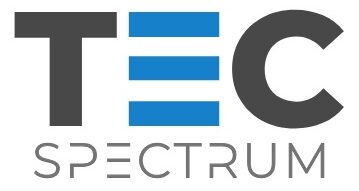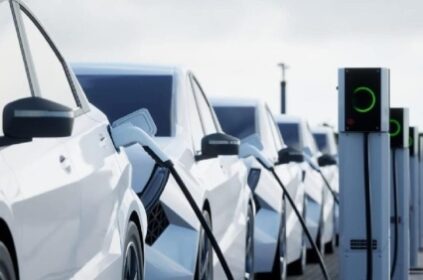In a bold move to promote electric vehicle (EV) adoption, Pakistan has announced a 45% reduction in EV charging tariffs, cutting rates from Rs71.10 to Rs39.70 per unit. This game-changing step aims to make EVs more affordable, expand charging infrastructure, and reduce reliance on imported fossil fuels.
Federal Minister for Energy, Sardar Awais Ahmad Leghari, made the announcement during a press conference, emphasizing the broader goal of making EVs accessible to all.
🚗 Why the Tariff Reduction Matters
High electricity costs and insufficient regulations have hindered Pakistan’s EV ecosystem. The tariff reduction is expected to:
- Encourage EV adoption by lowering operational costs for owners.
- Boost charging infrastructure, including small, localized charging stations.
- Create opportunities for businesses to invest in EV support services.
Leghari also announced 15-day approval processes for charging stations via an online portal, streamlining the regulatory framework.
💡 Broader EV Policy Goals
Under Pakistan’s Electric Vehicle Policy 2019-2024, the government aims to:
- Replace 30% of vehicles with EVs by 2030.
- Address environmental challenges by improving urban air quality.
- Reduce the $6 billion annual expenditure on fuel imports, especially through transitioning motorcycles to electric technology at an average cost of Rs50,000 per bike.
🌿 Environmental and Economic Impact
The shift to EVs promises multiple benefits, including:
- Reduced pollution in urban areas.
- Energy independence, decreasing reliance on foreign oil.
- Significant cost savings for consumers and businesses.
Federal Minister for Planning, Prof. Ahsan Iqbal, praised the initiative as a step in the right direction, aligning Pakistan with the global push for green energy.
🔧 Power Sector Reforms: Supporting Green Energy
In tandem with the EV push, the energy sector is undergoing key reforms:
- Circular debt reduced to Rs368 billion, an improvement of Rs12 billion compared to last year.
- Losses of distribution companies (DISCOs) decreased from Rs223 billion to Rs170 billion.
- New agreements with 14 independent power producers (IPPs) aim to cut consumer electricity tariffs by Rs10–11 per unit.
These reforms underscore Pakistan’s commitment to energy security, sustainable development, and a cleaner future.
What’s Next for EV Adoption in Pakistan?
The government is focusing on creating a supportive ecosystem with:
- Green financing opportunities from international institutions.
- Public awareness campaigns to sensitize citizens about the benefits of EVs.
- Expansion of EV charging and battery replacement stations under the National Energy Conservation Authority framework.
🚀 A Greener Future Awaits
Pakistan’s commitment to EV adoption, supported by reduced tariffs and robust energy reforms, positions the country as a regional leader in green energy. With clear incentives and streamlined processes, both consumers and businesses stand to benefit.
Ready to join the EV revolution? Now is the time to drive change—literally! 🌍
















